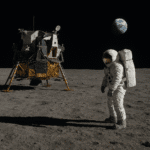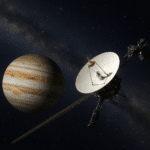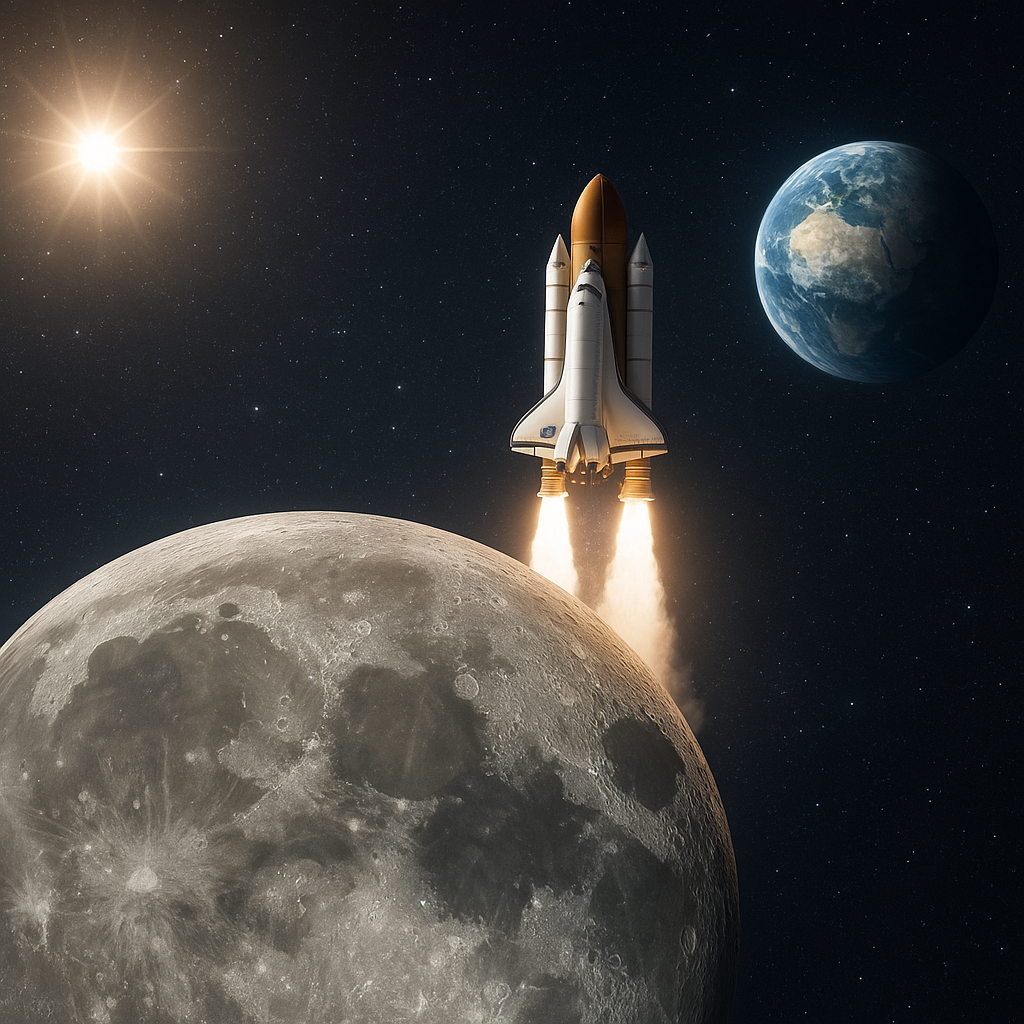Global space missions have become a testament to human ingenuity and international collaboration, as countries around the world unite to explore the vast and mysterious expanse of the universe. The pursuit of knowledge beyond our planet has driven nations to pool resources, share expertise, and overcome political and cultural barriers. This article delves into the intricacies of these collaborative efforts, highlighting the challenges and triumphs of global space exploration.
The Evolution of International Space Collaboration
The history of space exploration is marked by a series of competitive milestones, most notably the Space Race between the United States and the Soviet Union during the mid-20th century. However, as the Cold War tensions eased, a new era of cooperation emerged. The launch of the International Space Station (ISS) in 1998 symbolized a significant shift towards collaborative efforts in space exploration. The ISS, a joint project involving NASA, Roscosmos, JAXA, ESA, and CSA, serves as a model for international partnership, with scientists and astronauts from various countries working together in harmony.
Over the years, the scope of international collaboration has expanded beyond the ISS. Countries have joined forces on numerous missions, such as the European Space Agency’s (ESA) Rosetta mission, which involved contributions from NASA and other international partners. Similarly, the Mars exploration missions have seen collaboration between NASA and ESA, with plans for future joint missions to bring Martian samples back to Earth.
These partnerships are not limited to governmental agencies. Private companies, such as SpaceX and Blue Origin, have also played a crucial role in advancing space exploration. Their involvement has opened new avenues for collaboration, as they work alongside national space agencies to develop innovative technologies and reduce the cost of space travel.
Challenges and Opportunities in Global Space Missions
While international collaboration in space exploration offers numerous benefits, it also presents a unique set of challenges. One of the primary obstacles is the coordination of efforts across different countries, each with its own set of priorities, regulations, and technological capabilities. Ensuring seamless communication and cooperation among diverse teams requires careful planning and diplomacy.
Funding is another critical issue. Space missions are expensive endeavors, and securing financial support from multiple countries can be a complex process. Budget constraints and economic fluctuations can impact the progress of joint missions, necessitating flexible strategies and contingency plans.
Despite these challenges, the opportunities presented by global space missions are immense. Collaborative efforts allow for the sharing of knowledge and resources, leading to more efficient and effective exploration. By working together, countries can tackle ambitious projects that would be impossible to achieve individually, such as the search for extraterrestrial life or the establishment of a human presence on Mars.
Moreover, international collaboration fosters a sense of unity and shared purpose, transcending geopolitical boundaries. It encourages the exchange of ideas and cultural understanding, promoting peace and cooperation on a global scale.
The Future of Global Space Exploration
As we look to the future, the potential for international collaboration in space exploration continues to grow. The Artemis program, led by NASA with contributions from ESA, JAXA, and other international partners, aims to return humans to the Moon and establish a sustainable presence there. This ambitious endeavor will serve as a stepping stone for future missions to Mars and beyond.
Additionally, the rise of new spacefaring nations, such as China and India, adds to the diversity and potential of global space missions. These countries bring fresh perspectives and capabilities to the table, further enriching the collaborative efforts in space exploration.
In conclusion, global space missions represent a remarkable achievement in human history, showcasing the power of collaboration and the relentless pursuit of knowledge. As we continue to explore the final frontier, the spirit of international cooperation will be essential in overcoming the challenges and unlocking the mysteries of the universe.










